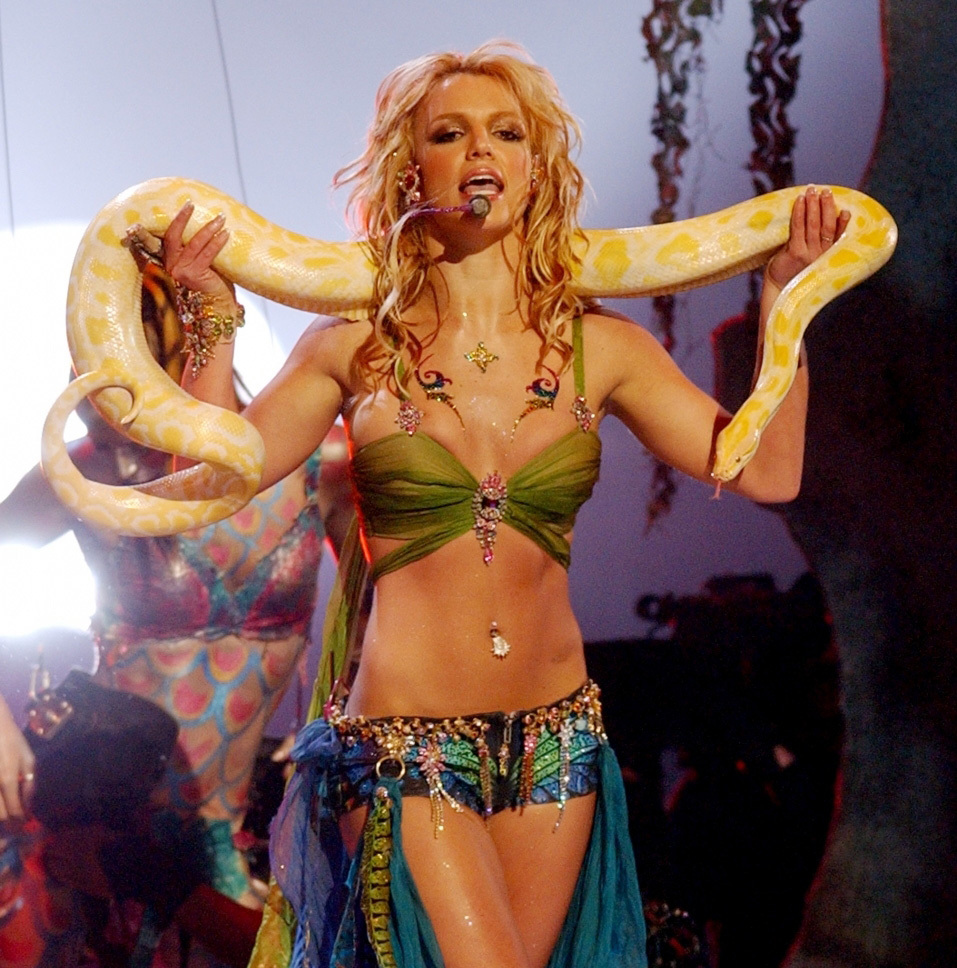Why young women’s speech is innovative, not annoying
By Sharon Miki, Columnist
There are a lot of things that are almost universally admired about young women: smooth skin, fertile wombs, etc. One aspect of young womanhood that I’ve noticed being critiqued more and more, though, is how we speak. According to research published in the Journal of Voice, two out of three college-aged women speaking Standard American English use a vocal fry—and according to popular media, it’s really annoying to listen to.
Even if you don’t know it by name, if you’ve ever heard a Kardashian woman speak or if you’ve ever listened to Britney Spears pontificate on how “oh yeah, yeah, yeah, yeah, yeah” she did it again, you’re already familiar with extreme examples of vocal fry. In fact, if you’re interacting with your female college peers, you’ve probably heard some frying language on campus—or have used it yourself.
Vocal fry is a speech mannerism in which your speech reaches a low register in a staccato vibration. Basically, it sounds like a low, raspy growl. While the vocal fry pattern has been on linguists’ radars for decades, the speech trend of vocal frying—particularly among young women at the end of their sentences—has come under scrutiny only recently as they’ve noticed an increase in the vocal behaviour that is largely centred on the social group of young western women.
Critics of vocal fry argue that the guttural nature of the intonation gives the speaker an air of disinterest (i.e. that you’re “so over ittt”) or a “sexy baby” intonation that shouldn’t be taken seriously. And, because the major proponents of this style of speech are young women—a group in society that is often dismissed as lacking substance—there is a general consensus that girls who speak with vocal fry are ditzy or annoying.
However, while the cultural behaviour of young girls is often written off as inherently insipid, shifts in social speech patterns have historically been linked to originating in young women. In a piece published in the New York Times, linguistics professor Penny Eckert acknowledged the dismissive attitude directed towards girls’ speech mannerisms: “A lot of these really flamboyant things you hear are cute, and girls are supposed to be cute…[b]ut they’re not just using them because they’re girls. They’re using them to achieve some kind of interactional and stylistic end.”
Indeed, Nassima Abdelli-Beruh, speech scientist and an author of the Journal of Voice study, defends young women’s use of perceived-as-annoying vocal trends as “a tool to convey something… for them, it is as a cue.”
Linguistics professor, Carmen Fought, adds that “If women do something like uptalk or vocal fry, it’s immediately interpreted as insecure, emotional, or even stupid, [but the] truth is this: young women take linguistic features and use them as power tools for building relationships.”
Just because a method of speech is unfamiliar doesn’t mean it’s wrong; just because young women are pioneering something doesn’t mean it’s worthless. While many people found touch-screen phones confusing and irritating at first, as more and more innovators utilized the technology, they became a cornerstone of modern culture. Similarly, instead of writing off girl-talk because it sounds unfamiliar, we should look at why it has become a trend.
Some linguists suggest that women use the lower, deeper tones of vocal fry as a subtle and almost unconscious assertion of social power among dominant, deeper male voices. I find myself using vocal fry when I want to emphasize a point or a joke—and my points and jokes are often worth hearing, so I concur that it’s worth it to frame them in a sly speech mannerism. Even if you find me annoying, you’ll most likely hear me.
I’m a young, educated woman, and if I want to speak with a certain intonation, you should listen and observe—it’s probably going to be how everyone’s talking in a few years. But, I mean, whatever. Do what you want.
I’m overrrr itttt.

